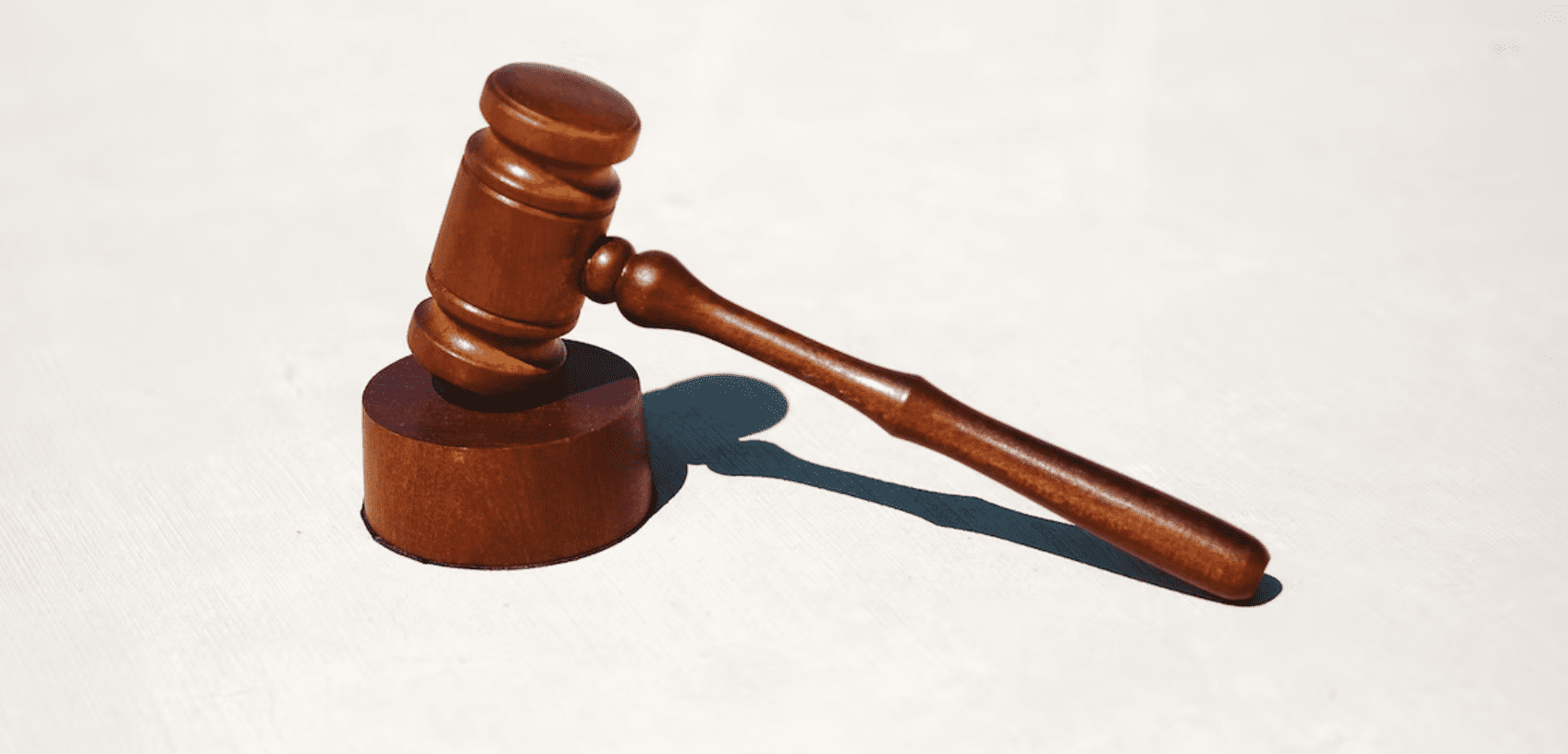
Poland and Hungary are not the only countries that have fallen under the EU’s scrutiny. Spain may be joining the ranks of member-state deviants, depending on the outcome of judiciary appointments. Currently, the country’s two main political parties remain in a deadlock over new appointments in the highest ranks of the Spanish courts.
The gridlock followed a complaint issued by the European Court of Human Rights (ECHR) filed this September. They demanded an explanation from the country’s executive branch for why the government had allowed four years to pass without making appointments in the judicial system—as required by law.
Also in September, European Commission Vice-President Věra Jourová sent a letter to the president of the Consejo General de Poder Judicial (General Council of the Judiciary, or CGPJ), calling the situation “dire,” compromised from four years of “institutional abnormality” caused by the political blockade.
Whether any of the finger shaking from the EU and ECHR will change the situation in Spain seems unlikely, even as the court system finds itself increasingly debilitated.
The controversy centres on renewing the General Council, the administrative arm of Spain’s judicial system, consisting of 20 members, 12 judges, and 8 other legal experts. The body holds judges accountable and appoints magistrates. Under Spanish law, the body’s membership is completely renewed every five years by the parliament. The appointments require a three-fifths majority approval in both the congress of deputies and the senate: a practice that forces the two major parties to reach an agreement.
No such agreement has transpired in years. The General Council mandate expired in 2018, but the governing socialist party, Partido Socialist Obrero Español (PSOE), and the centre-right Partido Popular (PP) have been unable to reach a consensus on appointees. Each recriminates the other for refusing to compromise.
Luckily, Spanish law allowed the General Council to simply keep functioning should politicians allow it to go over its mandate. But in March 2021, the socialist-led government passed a law prohibiting the General Council from appointing judges after its mandate had expired.
A year and half on, the loss of functional power is being felt in the country’s courts, many of which are now barely able to operate, as judges retire or their appointments expire. This includes one of the country’s highest courts, the constitutional court.
The appointments of four members of the 12-member body came up for renewal in June. These four members, as it happens, are jointly appointed by the General Council and the reigning executive of the government, each body choosing two judges. To keep the court functioning—which the government needs to push through its agenda—the socialist-led executive amended its judicial reform in July 2022 to allow the Council to appoint judges to the constitutional court. The amendment included a September 13th deadline, which passed without the General Council having agreed on candidates, though negotiations continue, partly as an act of defiance against the government.
According to Spanish media, candidates are expected to be presented in early October, after which the current Council President Carlos Lesmes, who has been critical of both political parties, is expected to resign, leaving the institution quite dysfunctional.
Politicians have dug in their heels on the issue, partly because of the increased polarisation of Spanish politics in a country where the judiciary has long leaned conservative. This is not the case for the current government which is supported by Basque and Catalan independentist parties who need judicial support for their causes. So far, the constitutional court has served as a retention wall against a Spanish national breakup.
The Spanish news site El Debate revealed some collusion between Catalan indepentists and President Pedro Sanchez had taken place during the president’s investiture in 2020. Independists had agreed to lend their support in exchange for the ‘judicial-political’ tools to conduct a legal referendum on Catalan independence. The referendum had been attempted before; one was illegally held in 2017 but failed. Many of its leaders are now serving prison sentences.
One of the government’s two judicial appointments to the constitutional court has a strong pro-Catalans profile, according to El Debate. Although the current appointment won’t be enough to shift the court to a left-leaning majority, it is one step closer, a step Sanchez hopes will help him get the support of independentists again in the country’s general elections in 2023.
How other elements of the judicial-political stand-off will end remain to be seen, but the Spanish courts appear unmoved by scolding from the EU. Its answer to the European Court of Human Rights is that the judicial appointments are a “parliamentary process” that the EU judiciary can not insert itself into.
